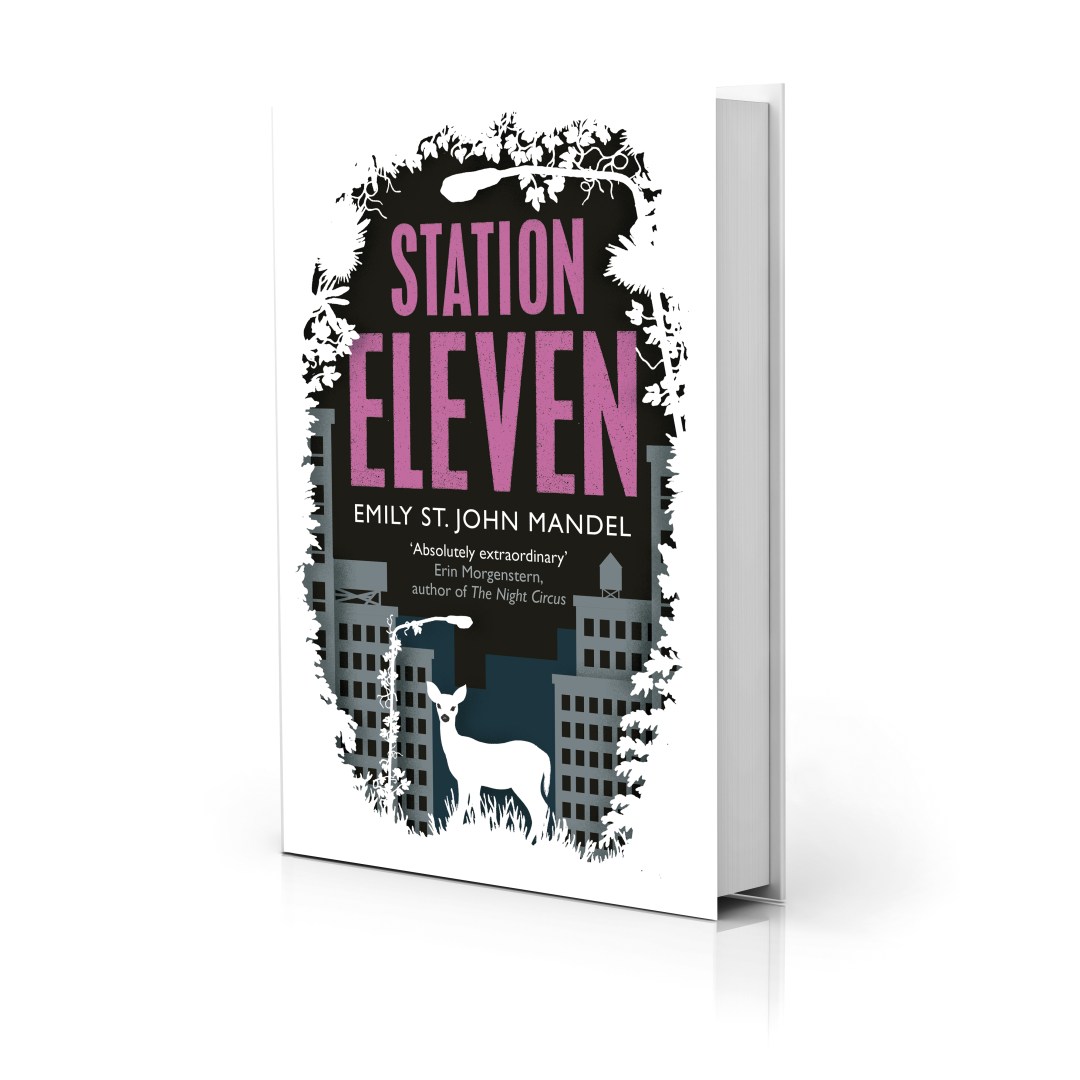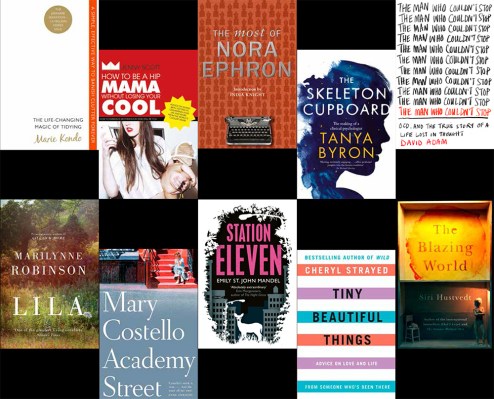YOU MUST READ: Station Eleven by Emily St. John Mandel
Great loss brings devastation, confusion and hope, as this stunning apocalypse novel proves

The page-turning attraction of an apocalypse novel is the guilty thrill of imagining the end of the world as you know it, with civilisation gone, and the author indulging you in the ‘what if’ guessing game of what might happen next. The survivors of Station Eleven (Picador, £12.99) exist in ‘Year Twenty’ of a world where over 99 per cent of the world’s population has been annihilated by a deadly strain of flu virus, leaving those unhappy few left behind as wanderers, lost on the huge continent of North America – made even more giant by the grounding of planes and the quick pointlessness of cars, abandoned as gas runs out. With the loss of electricity, there is no web, no phones, no modern printing presses. News travels on foot from town to town.
What a really great apocalypse novel does, though, is remind you of the beauty of the world you’re living in right now, making you appreciate everything you take for granted. Emily St John Mandel’s writing does this in painstaking, heartbroken detail. What if you knew you might never eat an orange again? What would it be like to press a light switch and not have the light come on? Odd once – but to have it happen over and over again? Or, perhaps you’re dreaming of a world with no internet – you’ve spent too long on Twitter today and it seems like life would be simpler without all that distraction. Think again, says Mandel, because in a world where we regularly live or travel far from our loved ones and community, just how are we supposed to stay in touch without the help of satellites? ‘We bemoaned the impersonality of the modern world,’ realises one character, ‘but that was a lie, it seemed to him; it had never been impersonal at all…[he] was standing by the window when the lights went out.’
The ragtag band of musicians and actors who lead us through this new existence are torn between homesick longing for the world they remember and a driven compulsion to just keep walking, to keep on keeping on. But they want to be more than mere survivors of a lost world – using a mixture of Shakespeare, classical music and Star Trek: Voyager quotes (‘Survival is insufficient’ a note-to-self tagged on the sides of their horse-driven cars), they try to bring a little bit of art back to a world sadly lacking in glamour. But the end of the world brings End of Days prophets and when one such crosses their path, the focus returns to simple survival.
Mandel weaves a complicated but beautiful web as she flips us between the pre-flu world and the one our characters are stuck in now, taking in themes including the weirdness of celebrity and fame, how we change over time, alternative families and – more than anything – what loss means and how we humans cope with it. The characters are broken and sad, flawed and confused, hardened and softened by their experiences. It is these very real characters, along with Mandel’s loving rendition of a world made both beautiful and terrible by the near disappearance of Homo Sapiens, that makes this the warmest, most human, most hopeful apocalypse novel you’re likely to read for some time.
It might also make you more grateful for simple things like lightbulbs and oranges…






